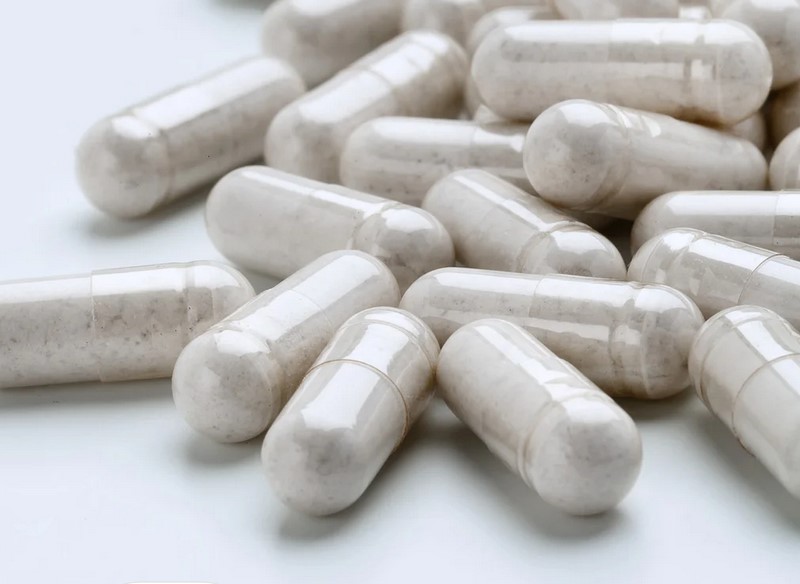With the stressful rhythms of modern times, needing external help to find our balance is increasingly common. Probiotics are live microorganisms, such as bacteria or yeasts, that benefit the host’s health when taken in adequate amounts. These organisms are naturally present in our gastrointestinal tract and other environments, such as the mouth, skin, and genitourinary tract. However, due to factors such as diet, stress, antibiotics, and other medications, probiotic levels can be reduced, which can have adverse health consequences.
What are probiotics and how do they work
Probiotics as dietary supplements have become increasingly popular in recent years for the prevention and treatment of various conditions. Probiotics can be added to foods such as yogurt, kefir, and kimchi or taken as tablets, capsules, or powders.

Probiotics exert their beneficial effects through several mechanisms. First, they compete with harmful bacteria for the same nutrients and spaces in the gut, thereby reducing their growth. Second, they can produce short-chain fatty acids and bacteriocins, which can have antimicrobial effects against pathogenic bacteria. Furthermore, probiotics can modulate the host’s immune response, improving its ability to defend against infection.
Among the conditions for which probiotics have been studied are irritable bowel syndrome, ulcerative colitis, Crohn’s disease, antibiotic-associated diarrhea, and bacterial vaginosis. In particular, probiotics help relieve antibiotic-associated diarrhea symptoms, as these drugs can destroy harmful and beneficial bacteria in the gut, leading to dysbiosis.
Shilajit rich in 60% fulvic acid and antioxidants rejuvenates and energizes the body. Read more …








